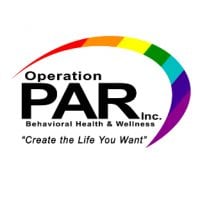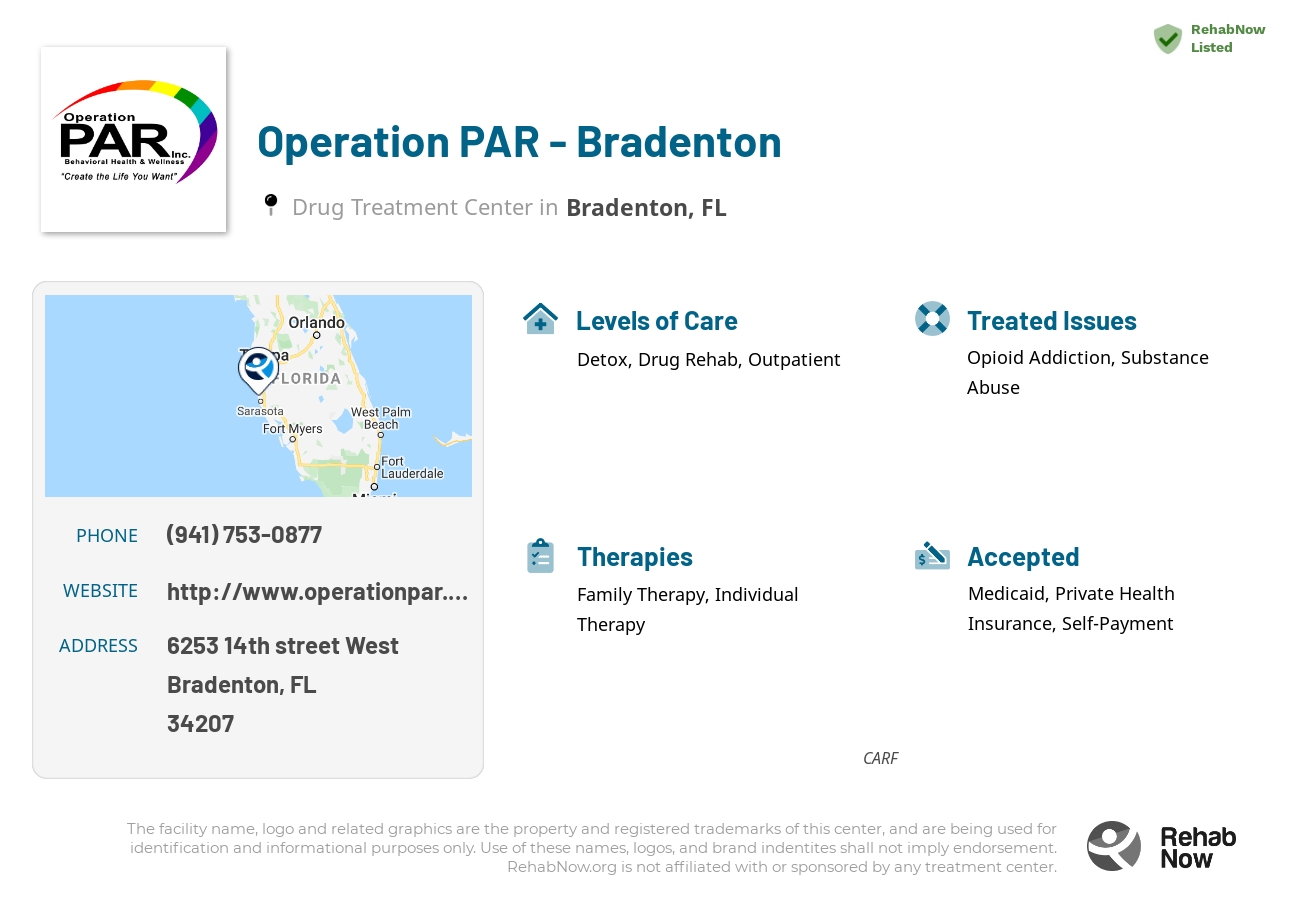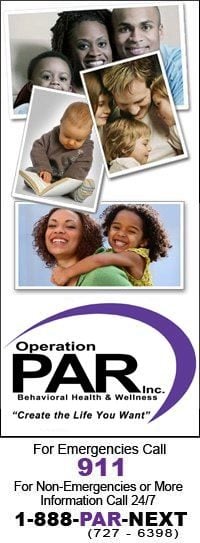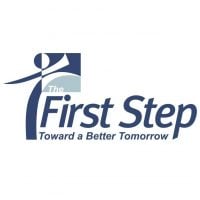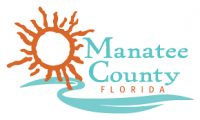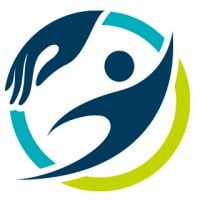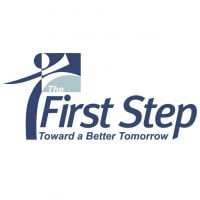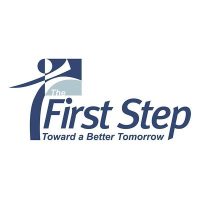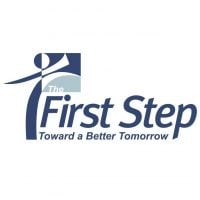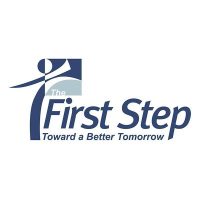Operation PAR - Bradenton
Drug Rehab Center in Bradenton, Florida
Operation PAR - Bradenton is an accredited addiction treatment facility in Bradenton, FL that has a dedicated team of experienced and qualified staff providing personalized detox, drug rehab and aftercare support to help those suffering from opioid addiction, substance abuse, alcoholism and dual diagnosis achieve lasting sobriety through inpatient and outpatient services with proven success, all while accepting private health insurance.
About Operation PAR - Bradenton in Florida
Operation PAR - Bradenton is an Addiction Treatment Facility located in Bradenton, Florida. Founded in 1970, this facility specializes in treating individuals suffering from opioid addiction, substance abuse, alcoholism, dual diagnosis, and drug addiction. Operation PAR - Bradenton offers a range of services to cater to the specific needs of each patient, including detox, drug rehab, outpatient, inpatient, aftercare support, and residential levels of care. As a CARF-accredited facility, Operation PAR - Bradenton has met rigorous standards of quality and is committed to providing effective and evidence-based treatment options. They also accept private health insurance, ensuring accessibility to a wide range of individuals seeking their services.
Within Operation PAR - Bradenton, individuals struggling with addiction and substance abuse can find a variety of services to support their recovery journey. Their comprehensive approach includes detoxification, which provides a safe and medically supervised environment for individuals to overcome withdrawal symptoms. The facility also offers drug rehab programs designed to address the underlying causes of addiction and provide patients with the necessary tools and support to achieve lasting recovery. Through outpatient and inpatient programs, individuals can receive ongoing therapy, counseling, and education to help them maintain sobriety. Additionally, Operation PAR - Bradenton provides aftercare support and residential levels of care to ensure continuity of care and support for individuals as they transition back into their daily lives.
Genders
Ages
Modality
Additional
Accreditations

CARF
The Commission on Accreditation of Rehabilitation Facilities (CARF) is a non-profit organization that specifically accredits rehab organizations. Founded in 1966, CARF's, mission is to help service providers like rehab facilities maintain high standards of care.
Conditions and Issues Treated
Substance abuse is the excessive use of any drug. This includes alcohol, medications, and illegal drugs. Substance abuse is treated with a combination of physical and mental treatments. Patients detox and follow up with therapies that target the underlying cause of the addiction. Substance abuse is a severe problem that can be successfully treated with a variety of therapies. Operation PAR - Bradenton treatment uses a combination of therapies along with other resources to overcome substance abuse.
Opioid addiction treatment should be done in a medically supervised drug rehab. While taking opioids, users will typically use other substances to enhance the effects of opioids or to reduce the adverse effects of opioid use. Opioid addiction treatment will include detoxification and drug rehab counseling to help both the user and their loved ones learn how to live a successful sober lifestyle.
Treatments such as methadone, buprenorphine, and naltrexone are three medications that can help treat opioid addiction. These drugs work on the brain’s pleasure center and reduce cravings and the effects of illicit opioids such as heroin. These drugs can be either given orally or by injection. Individual drug rehab counseling sessions can be helpful to discuss any questions or concerns with the drug treatment program. This counseling will also help the user set goals for when they finish drug rehab.
Opioid addiction recovery is a long process. Many of the changes to the brain caused by opioid use cannot be undone, but with time and the proper treatment, a person can return to normal function. After detox, treatment will include drug rehab counseling and entering a halfway house or sober living community. Aftercare is critical to long-term recovery, as it helps the user avoid relapsing and entering back into drug rehab.
Levels of Care Offered
This center offers a variety of custom treatment tailored to individual recovery. Currently available are Aftercare Support, Detox, Drug Rehab, Inpatient, Outpatient, Residential, with additional therapies available as listed below.
An addict may have to go through alcohol or drug withdrawal. While detox may be uncomfortable, it is not life-threatening. Detoxification allows the addict to rid the body of all traces of drugs or alcohol and gives the addict a clean slate for their recovery. In an inpatient or outpatient setting, detox can be managed medically.
Inpatient treatment for alcoholism or drug addiction is an option that provides the addict with a supportive environment in which they can stop using. This type of treatment is appropriate for addicts that are most in need of intensive care and supervision. This includes those who were unable to quit on their own, those who need more structure than they can get in outpatient treatment.
“Outpatient treatment is ideal for those who have a lower intensity addiction. It’s also suitable for those with a supportive environment and those on a tight budget.
Outpatient treatment can be considered the lowest intensity level of addiction treatment. It is ideal for early phase addiction or lower intensity addictions. It may involve weekly sessions instead of daily. Peer group support, 12-step programs, and individual counseling may still be used and anti-addiction medication.
Residential treatment programs are those that offer housing and meals in addition to substance abuse treatment. Rehab facilities that offer residential treatment allow patients to focus solely on recovery, in an environment totally separate from their lives. Some rehab centers specialize in short-term residential treatment (a few days to a week or two), while others solely provide treatment on a long-term basis (several weeks to months). Some offer both, and tailor treatment to the patient’s individual requirements.
Aftercare support is vital to those who have completed a drug or alcohol treatment program. This support comes in individual and family counseling, treatment of psychiatric and other medical conditions, and medications to reduce cravings. It helps recovering addicts adjust to normal day-to-day activities and can last for a year or longer.
The majority of drug and alcohol addicts who receive aftercare treatment do not relapse. It is estimated that without aftercare, the relapse rate will be between 70 to 90 percent for most people. Aftercare is the final stage in addiction recovery, but it will also help maintain sobriety if relapse does occur.
Therapies & Programs
No single treatment works for all addicts; therefore, the goal of treatment and therapy should be to find what works best for each individual. Some people requiring addiction treatment may only need a few weeks of inpatient care. Others will require long-term residential care. Tolerance and withdrawal levels vary from person to person and thus affect the intensity of the treatment needed.
If an individualized approach to treatment and therapy is not offered, addicts may fail to reap benefits from their efforts. Professionals must customize plans according to their patient’s needs, limitations, and strengths. The goal of all forms of addiction treatment should be for addicts to find healthy ways to cope with their addiction and its underlying causes.
The therapies usually include siblings, children, and parents who are involved in their daily lives. These sessions are vital because they address past issues that may have hampered an addict’s or alcoholic’s recovery and provide support at a crucial time!
One of the most critical aspects of family therapy is helping addicts’ loved ones see their situation in a new light. It’s also one of the most challenging things a family can do when a loved one struggles with addiction or alcoholism.
Group therapy is held in a safe, controlled setting where patients can feel comfortable sharing their struggles and gaining perspective through shared conversations. It takes place in a group rather than one on one to prevent feelings of isolation or being unique in their situation while creating an environment for addicts at Operation PAR - Bradenton to develop fellowship, accountability, and support. Group therapy is an important tool in recovery that prevents cravings that prompt a return to active addiction.
Life skills training is beneficial for addicts in recovery because it helps them learn how to take care of themselves and improve their quality of life, which can promote feelings of purpose and motivation.
This type of treatment works by teaching individuals life-enhancing skills that support positive living, including:
- Healthy lifestyle habits
- Skills to effectively manage stress
- Effective communication skills to help them get their needs met without turning to drugs or alcohol
- Money management and budgeting skills so they can continue to take care of themselves after treatment ends.
12-step programs are one of the most common types of relapse prevention programs. They’re typically offered by private organizations like Alcoholics Anonymous, Narcotics Anonymous and Nicotine Anonymous.
During these meetings, addicts can learn about their addiction and work through it with others who are also struggling to overcome their addiction. These groups provide support that the addict might not be able to get from friends and family, and they can also prevent the addict from feeling isolated.
While self-help groups like these are effective for some addicts, others prefer services that provide more structure and support. For example, these programs might offer counseling sessions or even medical treatment with prescription medication.
Payment Options Accepted
For specific insurance or payment methods please contact us.
Is your insurance accepted?
Ask an expert, call (888) 674-0062
Operation PAR Associated Centers
Discover treatment facilities under the same provider.
- Operation PAR - PAR Village in Largo, FL
- Operation PAR - Detoxification Program in Clearwater, FL
- Operation PAR - Spring Hill in Spring Hill, FL
- Operation PAR - Lee County in North Fort Myers, FL
- Operation PAR - Pasco Adolescent Intervention Center in Port Richey, FL
Learn More About Operation PAR Centers
Additional Details
Specifics, location, and helpful extra information.
Bradenton, Florida 34207 Phone Number(941) 753-0877 Meta DetailsUpdated November 25, 2023
Staff Verified
Operation PAR - Bradenton Patient Reviews
There are no reviews yet. Be the first one to write one.
Bradenton, Florida Addiction Information
Florida is one of the nation's epicenters for substance abuse and drug-related overdoses. In 2014, around 410,000 Florida residents were addicted to drugs and alcohol. Over the last 10 years, 12% of all deaths in the state were attributed to substance abuse. Treatment admissions for alcohol reached 24,329 patients in 2016, and 2.5% of Florida high school students admitted to using crack cocaine.
In 2009 there were 1,848 people admitted to drug treatment who lived in Manatee County, which includes Bradenton. Almost 3% of high school-age children in Bradenton have abused prescription drugs. Heroin use has increased over the last decade. There are a few different types of treatment available in Bradenton, Florida. The most common type is inpatient rehab, which requires the person to live at the facility for the duration of their treatment.
Treatment in Nearby Cities
- Deerfield Beach, FL (171.0 mi.)
- Clermont, FL (91.6 mi.)
- Punta Gorda, FL (47.5 mi.)
- Palm Beach, FL (164.2 mi.)
- Sebastian, FL (131.7 mi.)
Centers near Operation PAR - Bradenton
The facility name, logo and brand are the property and registered trademarks of Operation PAR - Bradenton, and are being used for identification and informational purposes only. Use of these names, logos and brands shall not imply endorsement. RehabNow.org is not affiliated with or sponsored by Operation PAR - Bradenton.
